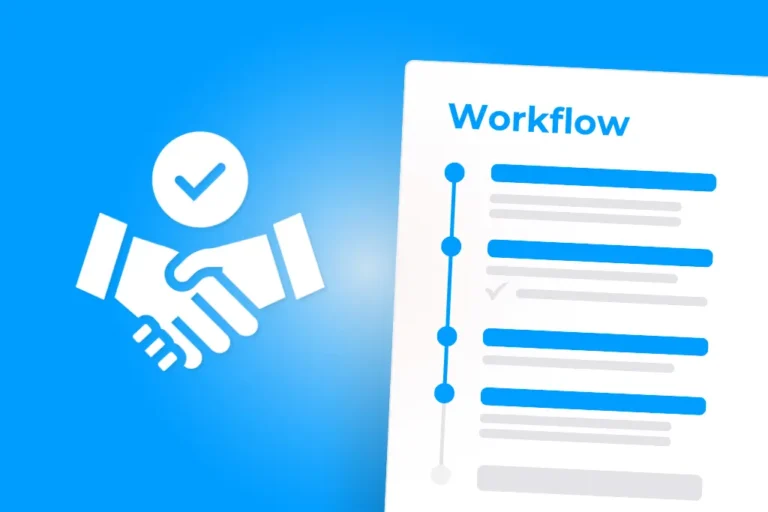Legal Departments in companies play a crucial role in ensuring that transparency and compliance are held to high standards. However, in large multinational organisations management can be challenged by the sheer demands of mass operations, making it now essential to enhance productivity by adopting digital solutions in step with new market needs.

Vodafone Italia is one such example, as the British telecommunications giant embraces the digitization of its legal and corporate affairs. Filippo Galluccio, Legal Manager – Corporate, Contracts and Compliance at Vodafone Italia explains to DiliTrust why they have undergone a digital transformation.
- The implementation by the European Union of the General Data Protection Regulation (GDPR) in May signaled huge changes for data privacy. Do you believe that it is now dangerous for Italian companies to store important data outside the EU?
The enforcement of GDPR regulation has drawn more attention to issues related to data protection and security for consumers and corporates alike. This regulation means that now more people feel safer entrusting their data to companies that are based within the European Union. For companies processing and storing this data, having a base within the Union is a competitive advantage to those who do not.
- Today we are experiencing a period of incredible digital transformation. In your opinion, how can Legal Departments keep up with these changes?
Digital transformation is now imperative for every company – especially in the TMT (Technology, Media and Telecom) sector – to remain competitive in a constantly evolving world. It allows Legal Departments to combine operational efficiency with their ability to put the customer at the center of every business activity while also reacting quickly to changes. Digital transformation is not so much about the adoption of new technologies but rather is a change for corporate culture in how they change their processes, increase functionality and embrace new ways of working digitally. Within this context, Legal Departments must lead the change in a very traditional sector by looking to the future. For legal professionals it is clear that they must be aware of the digital challenges ahead; companies and start-ups will supply innovative services, law firms will adopt AI (Artificial Intelligence) solutions and law schools will focus on teaching “lean” procedures to their students. From these challenges ahead, it is possible to draw ideas about the future where the adoption of new tools is necessary. Legal Departments have a reputation for being archaic and it is not without reason. They need to align themselves with the modernisation of corporate companies as a whole, and to utilise the operational methods and digital technologies already in place in other departments. These changes can be adopted at little or no cost to Legal Departments already.
- What are the key challenges facing Legal Departments in the next 3 years?
The biggest challenge is undoubtedly to rethink the operational model of legal management. In this sense, the parts of the organisation dedicated to support services are being organised according to”agile” models, based on squads – that is, small autonomous cross-functional organisational units of 10-15 people operating according to scrum methodologies, with cycles of very rapid release of new customer experiences, new products / services or new features of existing products / services. Compared to a traditional model, in the “agile” model the number of internal customers is multiplied – and therefore so are the requests for assistance. As there is not fully prior visibility of the requirements of the products / services under development, it is therefore necessary that internal lawyers have a 360° experience of legal issues. This helps to better support the business and means that Legal Departments are able to provide assistance in real time, while development takes shape within the squad.
- What digital solutions do you believe are necessary for Legal Departments to meet these challenges?
In Vodafone, for example, we are developing new service and interaction models that allow the internal customer to act as autonomously as possible, especially for high-volume and medium / low-risk legal support needs. This is done through training “aids”, for example, videos and infographics that allow staff to easily transmit the answers for the management of legal risk to their colleagues in their areas of activity; we also use digital tools such as software for the creation and management of contracts, starting from predefined standards, collaborative platforms, chatbots and – we hope in the near future – artificial intelligence (AI) solutions are able to support lawyers in the recovery and analysis of vast amounts of data. The number of start-ups offering innovative digital services in support of lawyers increases rapidly day by day and so it can feel overwhelming. Within the legal wing of the Vodafone Group an observatory was created and a “Legal Digital Think Tank” conceived to monitor the evolution of technology and the opportunities for the digital transformation of legal support processes.
- Describe your ideal profile for an In-House Counsel 4.0?
For me, the ideal candidate must know how to combine a solid legal background with a strong predisposition for understanding business dynamics and change. They must be curious, a fast learner, eager to experiment and innovative, but without fear of taking risks. Finally, they must be tech-savvy and strongly interested in the use of new technologies.
DiliTrust Governance is a software solution designed for the organisation of corporate legal services. Contact us today for more information.


